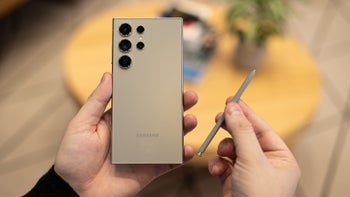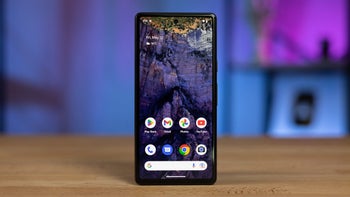T-Mobile says it has the right to censor text messages running through its network

Do wireless carriers face the same "must-carry" obligations as wireline firms do? T-Mobile told a federal judge yesterday that the answer is no and that the carrier has the right to decide to pick and choose which text messages may go out over its network.
The nation's fourth largest carrier is being sued by a texting service called EZ Texting. The service claims that after they signed up a medical marijuana dispensary as a customer, T-Mobile cut off the service it was providing to its short code customers.
EZ Texting's short code service is familiar to many. It provides information to those who text a code word to a special number. For example, a restaurant could set up a system where cell phone users who text the word MENU to a specific number, receive back a text version of the eatery's menu.
T-Mobile said it has the right to pre-approve all of EZ Texting's clients and the marijuana dispensary was not submitted for approval. The carrier said that it has the right to request approval of the texting service's clients, "to protect the carrier and its customers from potentially illegal, fraudulent, or offensive marketing campaigns conducted on its network."
A similar situation happened in 2007 to Verizon and Big Red eventually reversed itself and gave in to an abortions-right group that was sending messages to supporters. As far as EZ Texting is concerned, the company claims it will go out of business if the judge does not force T-Mobile to carry its service.
source: Gizmodo
The nation's fourth largest carrier is being sued by a texting service called EZ Texting. The service claims that after they signed up a medical marijuana dispensary as a customer, T-Mobile cut off the service it was providing to its short code customers.
EZ Texting's short code service is familiar to many. It provides information to those who text a code word to a special number. For example, a restaurant could set up a system where cell phone users who text the word MENU to a specific number, receive back a text version of the eatery's menu.
T-Mobile said it has the right to pre-approve all of EZ Texting's clients and the marijuana dispensary was not submitted for approval. The carrier said that it has the right to request approval of the texting service's clients, "to protect the carrier and its customers from potentially illegal, fraudulent, or offensive marketing campaigns conducted on its network."
A similar situation happened in 2007 to Verizon and Big Red eventually reversed itself and gave in to an abortions-right group that was sending messages to supporters. As far as EZ Texting is concerned, the company claims it will go out of business if the judge does not force T-Mobile to carry its service.
source: Gizmodo










Things that are NOT allowed: